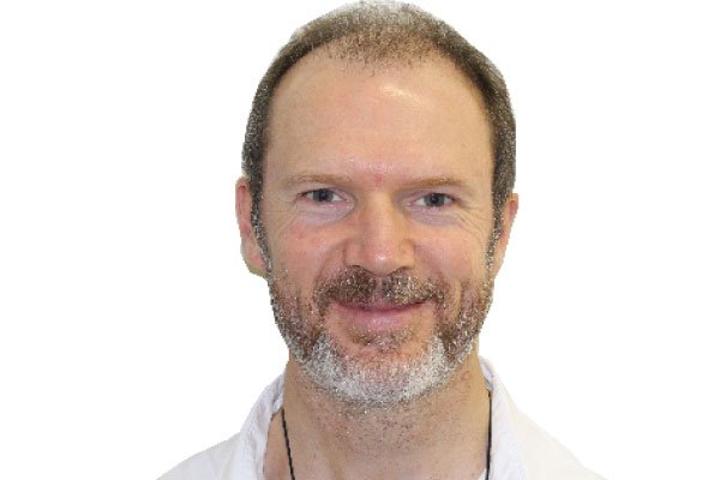Africa-Press – Uganda. The global economy has been devastated by the Covid-19 pandemic. In Africa, it has led to significant contraction of national economies, and more people living in poverty.
The journey to recovery will be a long and difficult one for African economies. And it will be strongly dependent on the resilience and productivity of the workforce. There is increasing global evidence that productivity in the workplace is profoundly influenced by mental health.
Lancet Commission on Global Mental Health and Sustainable Development defines mental health as, “The capacity of thought, emotion, and behaviour that enables every individual to realise their own potential in relation to their developmental stage, to cope with the normal stresses of life, to study or work productively and fruitfully, and to contribute to their community”.
It is estimated that mental illnesses cost $2.5 trillion globally in 2010, and this cost will rise to more than $6 trillion by 2030. Most of these costs are indirect and are due to productivity losses associated with mental illness.
These losses include absenteeism and presenteeism, which refers to reduced productivity while physically present at work.
Adverse working conditions that involve poor communication and management practices, low autonomy, effort-reward imbalance, unclear tasks or organisational objectives, occupational uncertainty and lack of value and respect in the workplace, are particularly associated with mental health problems.
Despite the massive economic costs of mental illness, African countries have historically under-invested in mental health. Most African countries spend less than 1 per cent of their health budgets on mental health, when a minimum of 5 per cent is recommended for low-income countries.
High level policy commitments have been made by most countries, but allocation of appropriate budgets and human resources for mental health are sorely lacking.
In Ethiopia, Ghana, Nigeria and South Africa more than 90 per cent of people living with mental illness do not receive any form of evidence-based care.
Covid-19 has had a further devastating impact on mental health, including elevated levels of health anxiety, social isolation, loss and the economic consequences of the pandemic. For example, in Ethiopia a survey in April 2020 found that the number of people experiencing depressive symptoms had tripled compared to pre-Covid-19 levels.
Investing in mental health would benefit African governments and employers in several ways – a global return on investment (RoI) analysis shows that for every dollar invested in treatment for depression and anxiety, there will be a $2-5 RoI over the 15 years of the Sustainable Development Goals (2015-2030). Workplace mental health programmes do not only lead to improved mental health and wellbeing.
They also improve productivity. There are important human rights reasons to invest in mental health: People have a right to gain access to mental healthcare that can improve their wellbeing.
There is growing consensus from international development agencies, such as the World Bank, that mental health is not only a health need, but also a social and economic development priority.
It is vital that African governments proceed with implementing the WHO Global Mental Health Action Plan (2013-2020), which has been endorsed by many UN member states and provides a roadmap for national investments in mental health.
Mental health also needs to be included in national health insurance schemes, as part of universal health coverage.
The WHO mhGAP programme provides a set of clinical and operational guidelines for scaling up mental health services in primary care and community settings, and has now been implemented in more than 100 countries.
In response to Covid-19, African governments need to consider stimulus packages and improve the regulatory environment to incentivise employers to protect and promote the mental health of their workforces.
In addition, employers have a vital role to play in building workforce resilience during and in the aftermath of Covid-19.
Mr Crick Lund, PhD is from the Department of Psychiatry and Mental Health, University of Cape Town. The article was co-authored by MrJohn Joska, PhD from the same department.






